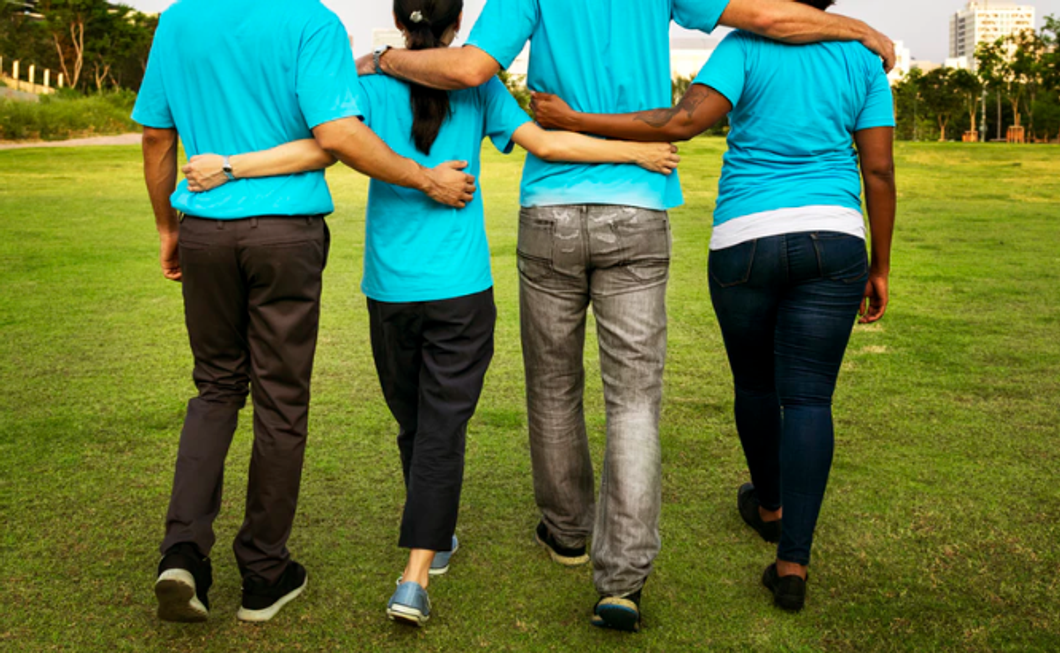Two years ago, I was chatting with someone from high school that I'd recently reconnected with. The two of us stopped talking our junior year, but we were getting along fairly well. Well enough that we were chatting about the two of us even going on a date, in fact.
Somehow we'd started talking about weird/funny situations in which we were hit on, joking about the strangest ways it had been done and what made us laugh about each. Our stories were fairly similar until I finally got to one about a 30 or 40-year-old man randomly hitting on me via Facebook Messenger. I didn't explain his age, simply the fact that "He definitely wasn't my type."
He replied with a one-word question. I said no, then ghosted him that same day.
Now, the two of us are both white. I could have—and should have—told him off right then and there. I had a privilege others lack, especially in the eyes of my old "friend" who, looking back on it, didn't seem to think that non-Caucasians were equally valid. The signs were there, the opportunity presented itself, and I was in the right position to tell him off.
But I didn't, and I regret that to this day.
Could I have made a difference? Could I have changed his mind? Could I have at least placed a little seed of shame for using that kind of racist language? Could I have at least pointed out that using that word, especially in that manner, was disgusting and inappropriate?
Probably. I was a white woman whose opinion he respected, I had very little personal reason to tell him to stop, and I'm typically open to most viewpoints as long as they don't hurt others... But why would my opinion matter when there were so many black men and women out there saying not to use that word?
Because to him, my opinion held more weight than the black men and women in those videos. In my interactions with him, I have a privilege.
And it hit me a short while later: I have a privilege, but how I use it is up to me. I could absolutely sit there, ignoring the problems of people unlike myself, or I could stop people when I see them saying or doing inappropriate things.
Just because someone may have been told a million times that certain phrases are inappropriate doesn't mean they listened. Just because someone went through all the training doesn't mean they care. Just because someone claims to have an open mind doesn't mean they do. By utilizing the privilege you may have, you can use the exact same speech someone else gave and get an entirely different result.
Take this TEDx; if you heard a woman claiming that domestic and sexual assault was a man's problem rather than a women's problem, there's a good chance you would roll your eyes and call her a "feminazi" or "man hater," regardless of how good her argument was. Instead, you have a man presenting this argument in the hopes that people will listen and acknowledge that we ought to address the root problem. He has the ability to ignore this problem, to laugh at inappropriate jokes with his jokes and take his job at face value, but instead, he is taking the time and energy to speak out and reach men—because he knows that some men aren't being reached by women advocates.
If you're white, stomp out conversations where people who aren't are being belittled; if you're straight, counter any anti-LGB+ jokes; if you identify as your birth gender, don't let your friends be jerks about those who don't; and if you're able-bodied, don't be unkind to anyone who isn't. The list goes on and on, but the underlying theme is the same:
We're all people. Act like it.




















